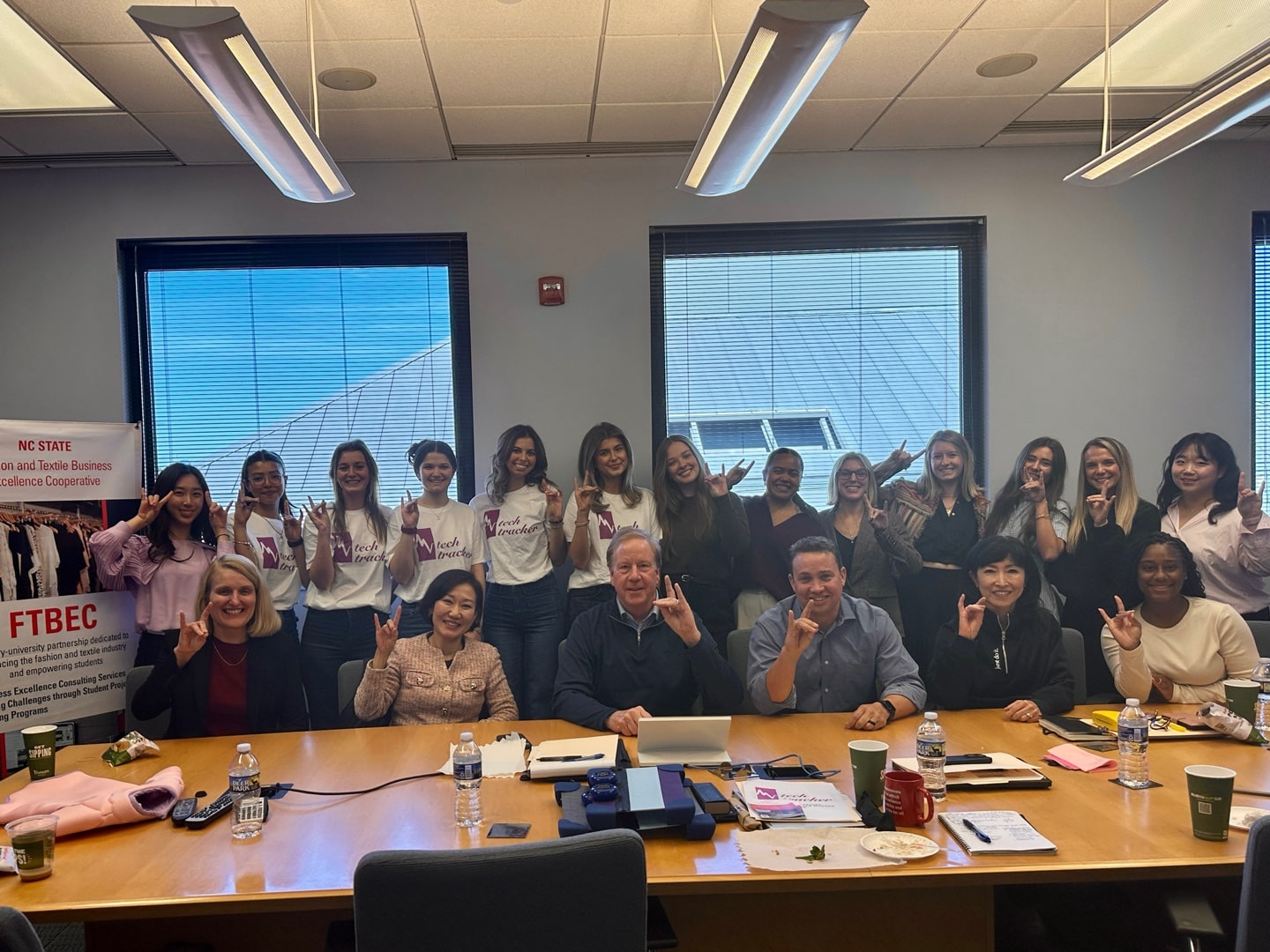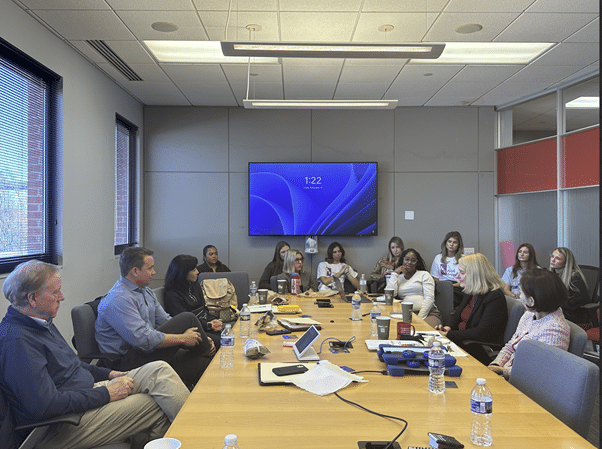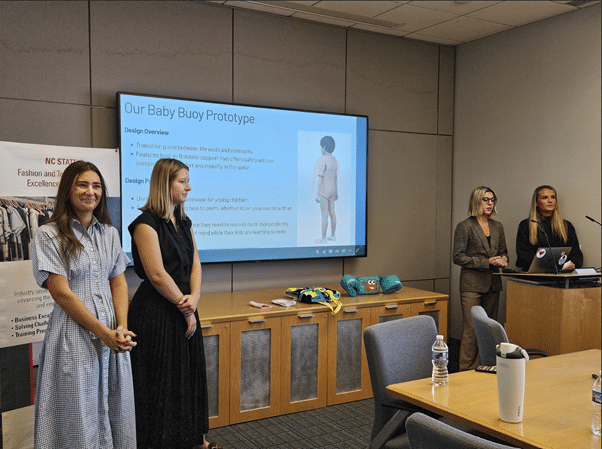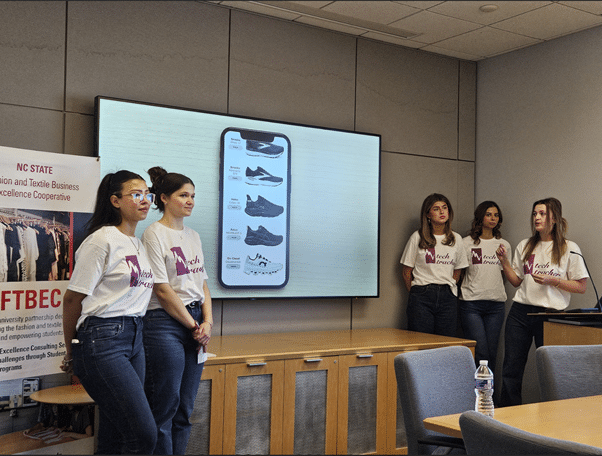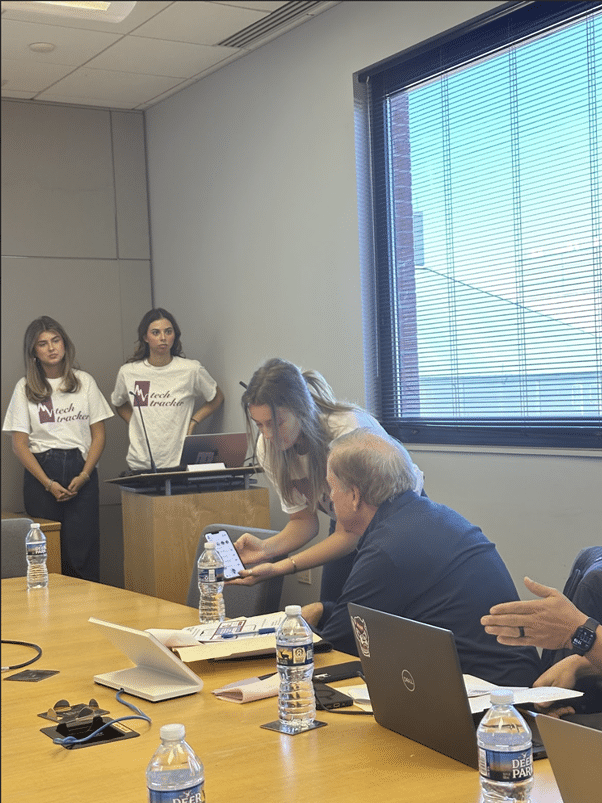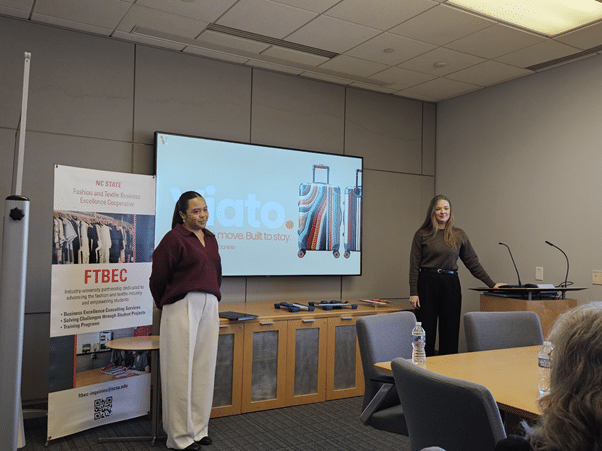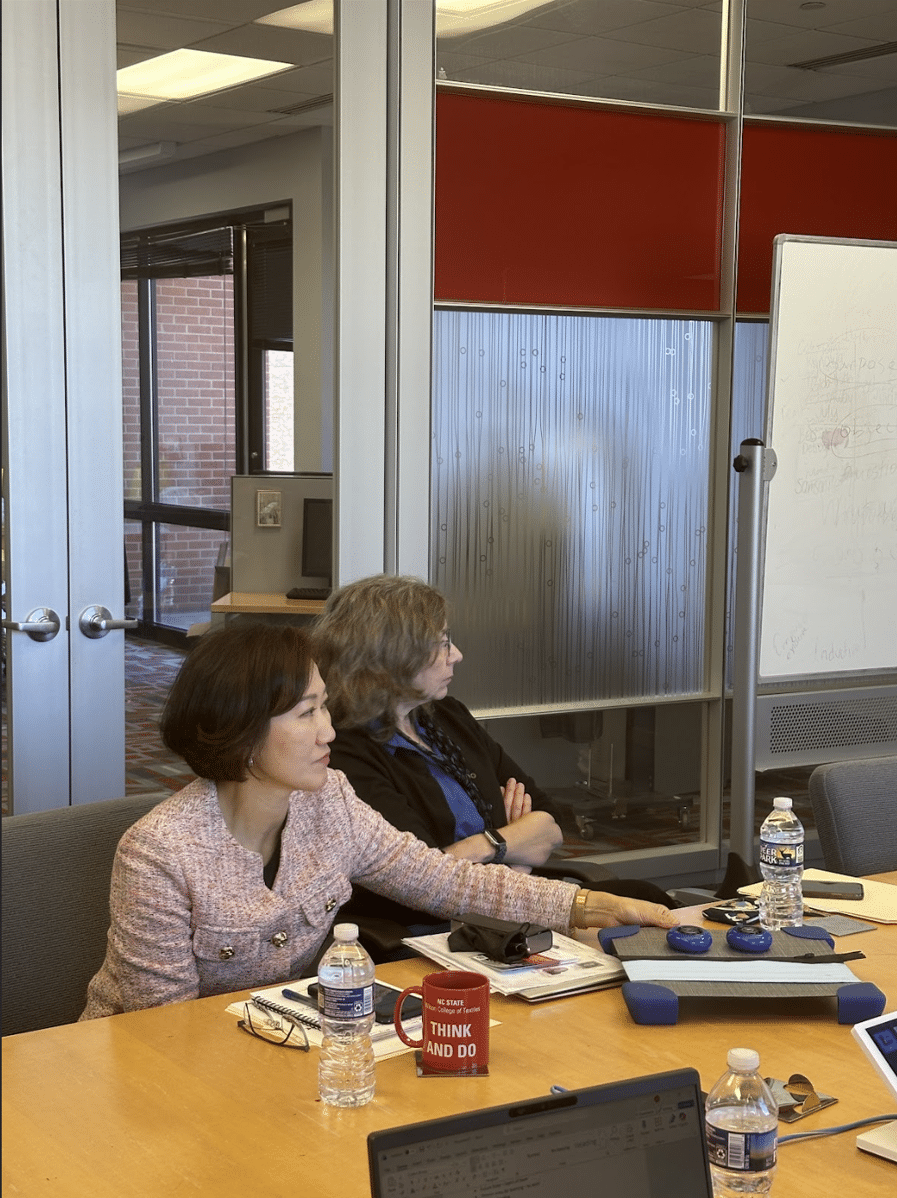What We Offer
Business Excellence Consulting and Research
Does your company have challenging issues that need to be solved? Does your company want to gain consumer insights? Does your company want to make an informed decision based on market research but does not have an in-house team to handle the issue?
The FTBEC team’s expertise can assist you to address the challenges and make a decision based on data.
Examples of potential projects include:
Issues in Supply Chain Sustainability and Transparency
e.g., What technologies and methods are used, how companies’ sustainability efforts can enhance their brand image, and consumer purchase intention
Consumers’ Acceptance of New Business Models
e.g., livestreaming, subscription model, collaborative consumption
Assessing Effectiveness of New Technologies
e.g., AR, VR, virtual fitting, Metaverse
We apply top-notch research methods in conducting projects:
- Qualitative (FGI, one-on-one interviews, observation)
- Quantitative methods (surveys, experiments)
- Extensive literature review
- Big data analysis
- Text mining
Solve Challenges Through Student Projects
One of the goals to the FTBEC is empowering students and better preparing them for the future industry. Students’ learning can be enhanced greatly when they apply classroom learning to an actual business setting. The FTBEC welcomes projects from companies. Any challenge a company may have can be turned into a semester-long faculty-guided project, which serves as a great learning tool for students. In return, companies can gain actionable solutions for the challenge and have a chance to test talents before hire.
Innovation and Entrepreneurship Project: “Startup Experience”
A two-semester, industry-connected project that drives innovation and entrepreneurship while engaging students in real-world problems solving and building meaningful mentor relationships with senior alumni. The program culminates in a Shark Tank-style competition that mirrors real-world venture pitching, where one final winning team is selected.
Top Three Finalist Teams Showcase Their Innovations in Live Pitch Presentations to Industry Partners
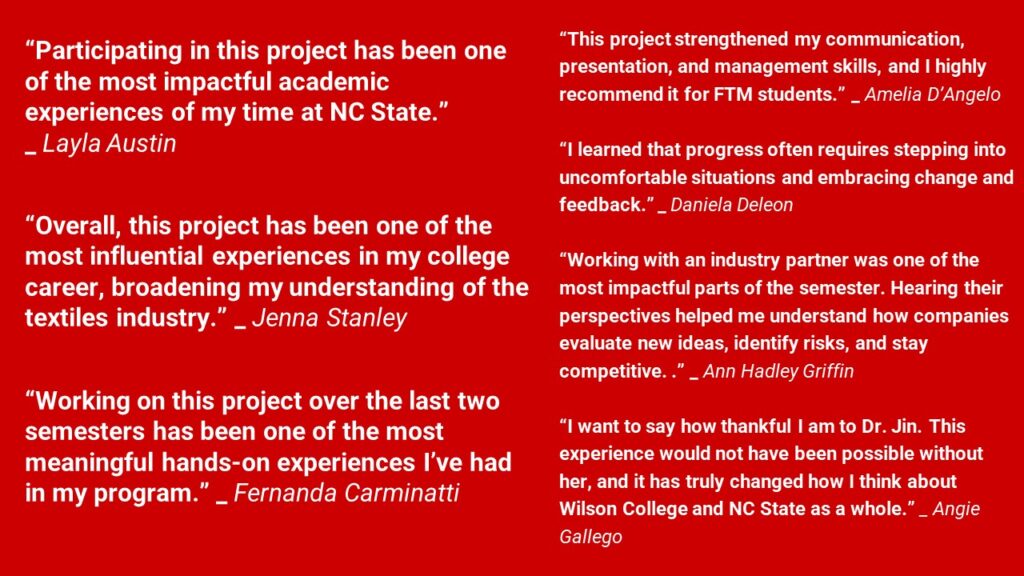
Sustainable Packaging Solutions for Gerber Childrenswear

Training Programs
FTBEC offers training programs for trends and key industry issues for any levels from new hires to executives. Duration, topics, and format (online vs. offline) can be customized. Detailed services include:
Trend and Key Industry Training:
The FTBEC offers training programs for trends and key industry issues. This training will be apparel and textile industry-focused, offering in-depth industry knowledge and insights. Offline training can include visits to labs in the Wilson College of Textiles, innovative retail stores, and companies and production facilities in North Carolina.
Workforce Development Training
The FTBEC offers customized trainings for any levels from introductory courses to programs for executives.
Potential Topics Include:
- Textiles 101
- Fashion Retailing
- Key Industry Trends in the US and Global Marketplaces
- Innovative Business Models and New Technology Utilization in the Fashion Industry
- 4th Industrial Revolution in the Fashion Industry: What, Why, and How Has the Industry Changed?
- Sustainability
- Supply Chain Transparency and Traceability
- Global Brand Management and Marketing
- Cross-Cultural Consumer Behaviors and Management
Training for Doing Business Abroad:
The FTBEC offers customized trainings on major topics in global business including market entry mode (how to enter), timing (when to enter), and countries (where to enter), in addition to detailed product adaptation and marketing strategies at country or regional levels. A very practical country-specific training (e.g., China, India and Vietnam) can be also offered for expats before a departure to a foreign country.

Fashion and Textile Business Case Collection
In preparing our current and future industry leaders for the global marketplace, existing textbooks are not properly capturing the speed of the industry. Cases serve as effective tools in complementing existing textbook information, as well as enhancing students’ critical and analytical thinking. The FTBEC’s case collection is unique in that it handles companies in the entire textile and apparel supply chain including, but not limited to, fiber, fabric, yarn, textiles manufacturers, textile machinery, dyeing and finishing companies, apparel, shoes, accessories, cosmetics companies and retailers, and small entrepreneurs.
Each case is developed by faculty and graduate students under faculty supervision through extensive extensive literature review, interviews with key personnel, and visits to companies. Such high-quality cases will be a great learning tool for students. The cases will serve an effective training tool for industry professionals as well.
Below are the case examples we prepared:
The Flourish Market: A Purpose Bigger than Profit

Soles4Souls: A Case of Successful Social Entrepreneurship Based on Used Shoes Distribution

Spin-offs in the Fashion Industry: The Case of VF Corporation

